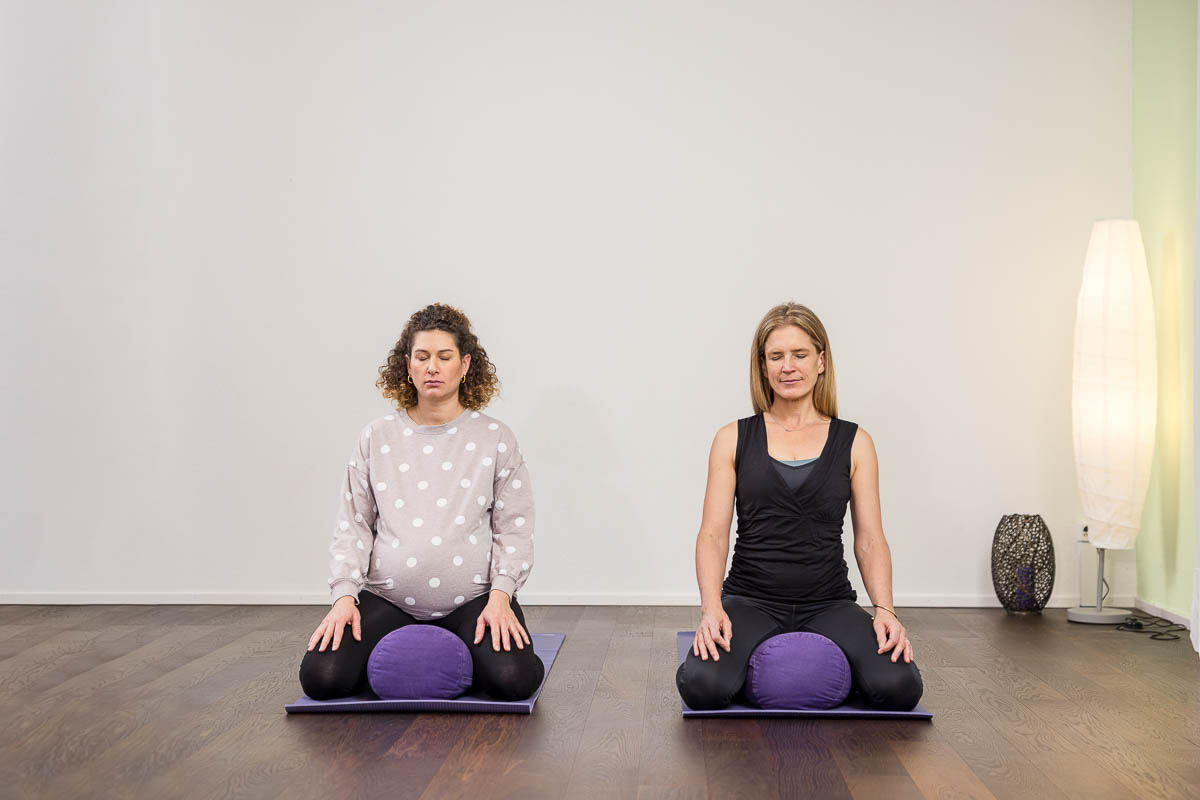by Imke Albrecht

For some years now, it has been recommended that expectant parents have themselves vaccinated against pertussis during pregnancy.
As a midwife, I am often asked in my antenatal classes whether I recommend the pertussis vaccination or not.
What is pertussis?
Pertussis is the technical term for whooping cough. I myself have never experienced this disease personally or in a family. But family doctors and pediatricians do experience cases of the disease.
In the years 2012 to 2017, 40 infants/year were hospitalized for pertussis each year. In Covid times, the number of cases fell to a low, but the FOPH is now reporting an increase in cases again in 2024.
Unlike a normal cough, the course of pertussis/ whooping cough can be very complicated, with agonizing, suffocation-like attacks. Complications such as pneumonia, seizures and brain damage have been described, especially in infants.
Recommended vaccination schedule for babies
As parents, you are recommended to vaccinate your babies at 2 months, 4 months and 12 months of age. Then 2 further booster vaccinations at school age.
From the 2nd vaccination, i.e. after the 4th month of life, infants are considered protected.
Conversely, babies are not yet protected in the first 4 months of life.
To bridge this period, it has been recommended for several years that you parents-to-be get vaccinated during pregnancy.
Parents are considered the most common carriers for children. Most of us adults have been vaccinated as children, teenagers and perhaps young adults. If you look in your vaccination book, look for the “Boostrix” sticker. This is the vaccination that protects against pertussis, among other things. Other diseases covered by the vaccination are Tetanus (tetanus) and diphtheria. Vaccination protection decreases over the years. You are considered unprotected 10 years after the last vaccination.
Pertussis vaccination for parents during pregnancy
Fathers-to-be should be vaccinated; the vaccination protection is then considered sufficient for the next 10 years. The vaccination does not have to be repeated for men with further pregnancies in this 10-year period.
Expectant mothers are recommended to be vaccinated during every pregnancy because the antibodies pass to the child via the placenta and thus provide the child with very good protection in the first few months until the baby builds up its own vaccination protection after the second dose.
The recommended time for vaccination against pertussis during pregnancy is the 2nd trimester, i.e. the 13th to 26th week of pregnancy. Later is of course also possible, but the 2nd trimester is recommended to protect against possible premature births. A vaccination up to 2 weeks before birth is considered sufficient time to ensure that enough antibodies are transferred from the mother to the child.
If parents are vaccinated in the postpartum period, this is of course a good thing because parents are then eliminated as carriers. However, if the baby has received antibodies from the mother during pregnancy, it is also protected from other infected persons.
How do you deal with unvaccinated people?
In my practice as a midwife, I have often experienced stressed parents who were worried because, for example, their parents had come to visit and no longer had valid vaccinations themselves.
What do you do then? Are grandparents and other relatives and friends only allowed to have contact with the baby if they have been vaccinated? In my opinion, it is tolerable if people have no signs of illness and even more so if the baby is considered to be over 90% protected by the mother’s vaccination during pregnancy according to the FOPH.
My conclusion
Yes, I recommend vaccination against pertussis during pregnancy because the arguments convince me. The vaccine is classified as safe by the SGGG.
Vaccinations are a tricky subject for some parents. Why should it be easier for you than everyone else before you? I myself was initially very concerned with this responsibility when my son was a baby. As I have never personally experienced more serious vaccination reactions than the usual reactions such as drowsiness, tearfulness or usually a slight fever, either with our son or with other children, I generally follow most of the recommendations of the pediatric association. If a couple of parents have not been vaccinated, I would not dramatize the situation and follow the principle of “no contact with people with obvious signs of illness”.
Here you can read the recommendations of the Federal Office of Public Health, FOPH, and the SGGG, the Swiss Society of Gynecology and Obstetrics, via the links. And here are the recommendations of the Swiss pediatricians,
My courses
Similar posts
As a midwife and lactation consultant in the postpartum period, I see a lot of parents who overshoot the mark in their desire to do everything perfectly. Or simply can’t see the wood for the trees because of all the controversial answers. The topic of “sterilization” is a small example where I often think that
A suction cup could change the shape of the baby’s head – this worry or myth crops up again and again in my antenatal classes here in Zurich. This is of course a frightening thought for parents-to-be shortly before the birth! Is there any truth to it or why is it told so persistently? Suction
Suckling confusion, separation of mother and child due to medical treatment of the baby.... Jenny experienced this with her first child and talked to me about her breastfeeding experiences before the birth of her second son and we considered strategies for what she wanted to do differently this time.







